“The struggle must continue”: Elsa Pinto on the legacy and impact of solidarity in Timor Leste
At the 2019 Melbourne Annual Dinner, guest speaker Elsa ‘Uka’ Pinto addressed the audience on the continuing tradition of solidarity between the Australian and Timorese people.
Here, we present an excerpt from her keynote speech, in which she tells us: “As we have liberated our country, now it is the time to liberate our people from poverty, illiteracy, and hunger”
I was thirteen years old in 1999. The referendum for independence was my first direct experience of conflict, violence, and war. I had millions of questions in my head, and I was asking around “what is going on? Why do we need to leave the house? Where are we heading? Why did they burn down our house?” and “oh, we are independent, but wait, what does that even mean?” I had no answers. I did not know much, but I felt the excitement and happiness that, finally, the Indonesians had left.
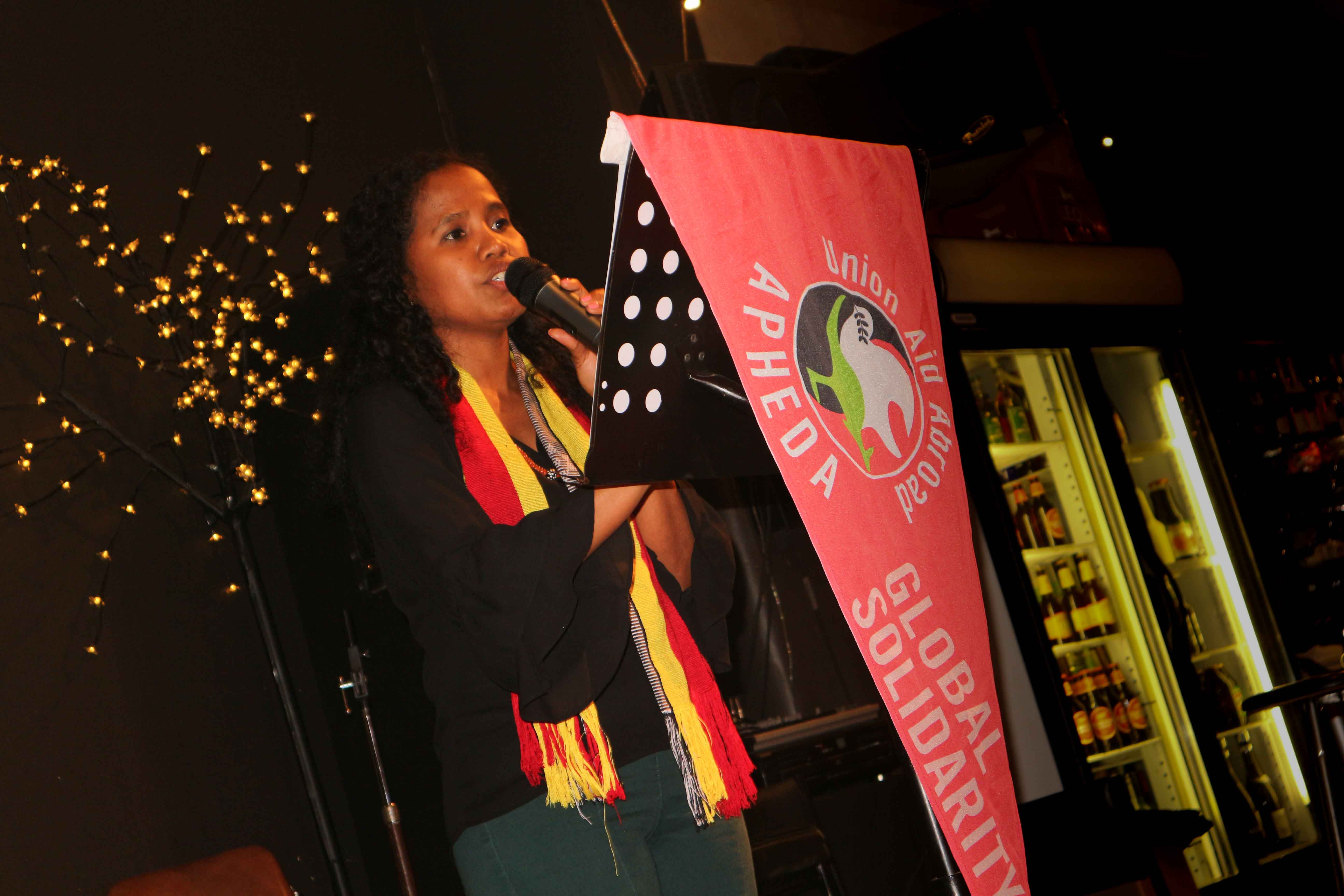
As I grew, I started to find some answers. Then another war happened again in 2006; the political crisis which left my family and I with nowhere to go as our house was burnt down, again. We lived as an Internal Displaced Persons (IDP) for two years. We lived under a tent. So in my life I have twice experienced what it is to become a refugee and an IDP.
These experiences not only happened to me. A lot of Timorese have gone through the same experiences, or even worse than what I have experienced. It is important to celebrate the victory that we had in Timor Leste, however it has now become more important to make it work, to fill this freedom and liberation with learning and sharing, and to achieve a just world for all.
“Where streams meet, great rivers flow”: The Kdadalak Sulimutuk Institute (KSI)
Following Timor Leste’s independence, the KSI was established in order to contribute to the process of transformation. The name Kdadalak Sulimutuk came from a song, Kdadalak sulimutuk, suli we inan, composed by Franscico Borja da Costa, a poet and a political leader. Literally, “kdadalak Sulimutuk, suli we inan” means “streams meet, great rivers flow.”
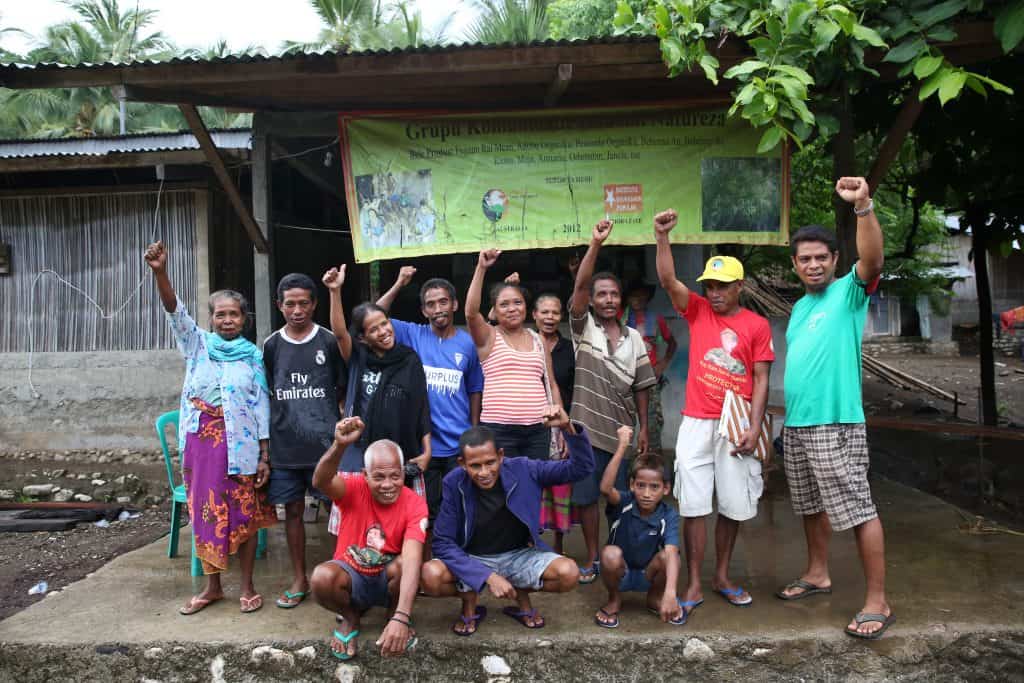
Farmers’ Community Base in Uatucarbau, District of Viqueque
KSI is an organization that works closely with farmers in the land-locked municipality of Ermera, located in the central-western part of the country. Ermera is known for its coffee plantations and production. The majority of people in Ermera are farmers with coffee production as the main source of the income.
Ordinary oppressed people, when they come together they can make great changes. The KSI is built on the fundamental values of humanism, ecological protection, and people’s democracy. The basic guiding principles include solidarity, social and ecological justice, and constant learning.
Popular Education in Timor Leste: Working Together, learning together
The KSI helped establish the first farmer union of Timor Leste, the Union Agricultór Ermera or Farmer’s Union of Ermera (UNAER). The KSI and UNAER also have developed a school of Popular Education that was initiated by the farmers and for the farmers.
The school was named the Fulidaidai-Slulu Economy Institution. The words Fulidaidai and Slulu mean “working together” taken from two different dialects; Makalero, the dialect spoken in the eastern municipality of Lospalos; and Mombae, the dialect spoken by people in Ermera. The culture and practice of working together within Timorese society is very strong and it is embedded in its dialects, cultures and traditional practices.
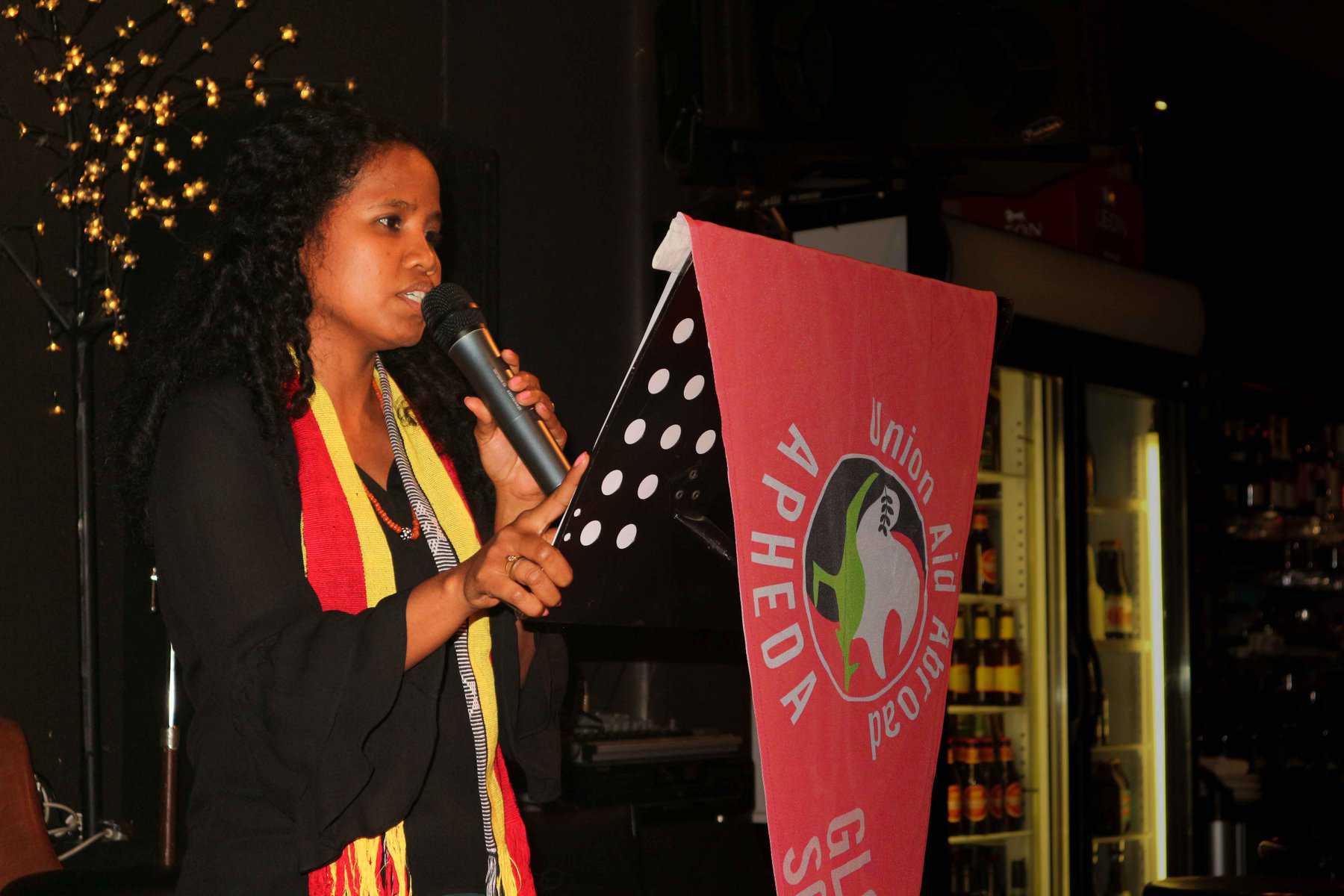
The Fulidaidai-Slulu Economy Institution is a farmer-led popular education school in which union members realise that in order to sustain the struggle for land reform in Ermera, sustainable agriculture, and sustainable incomes, farmers have to have knowledge and information.
Paulo Freira’s ideas on Popular Education in Brazil are the basis for this process in Timor-Leste. The idea to challenge the traditional schooling system in which the students know nothing, and the teachers know everything. It is based on the fundamental believe that everyone knows something to contribute in the collective learning process in their community.
In designing the curriculum of farmer schools, farmers have the say on what they think is important to learn, and what needs to be learnt to support their daily actions for a more just world. It is important to have the movement going, but deep down there is a realisation that farmer union members need to have a school that makes sense, a school that will come with an orientation for self-liberation and growth at the individual level and that will, most importantly, spread to the community level.
Sustainable Agriculture in Timor Leste: “plant what we eat, eat what we plant.”
In Timor’s culture, land is very important. Losing your land means losing your identity and origin. Land is about life in where the food planting and harvesting happen, where the cultural and traditional ceremonies take place, where we are connected at the deeper level with our ancestors in the past and present.
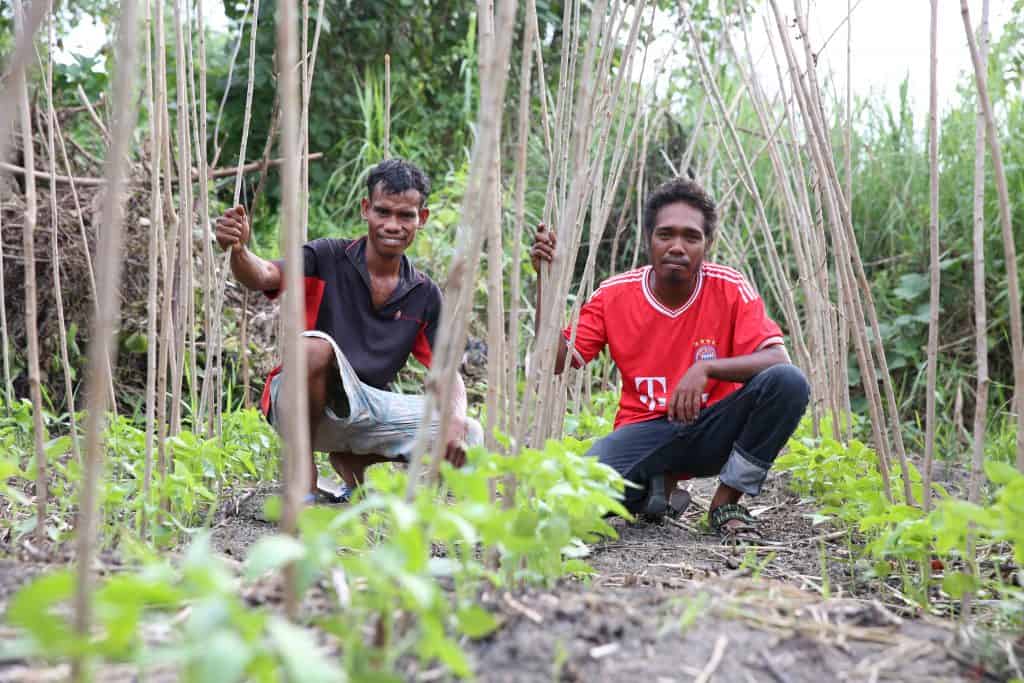
Antonio Amaral and Carlos de Araujo in their farm in the subdistrict of Suai, Timor Leste.
The KSI’s work is important because it focuses on what matters to the people of Ermera which are land, coffee plantations, agriculture diversification, ecology, and sustainable income at the household level. One of the campaigns that KSI has been working on is sustainable farming and organic food production with the motto “plant what we eat, eat what we plant.”
The Long Journey to Liberation: “As we have liberated out country, now it is the time to liberate our people from poverty, illiteracy, and hunger”
We believe that this is a long journey for self-liberation, to be able to free ourselves from the power of colonisation, even when the colonisers have already left. Decolonisation is not meant to be easy and quick, but it is possible. For years, Timorese people have lived under oppression. It is not an easy task to change the mind-set and mentality of our people. It requires a process and each one should get involved in this process.
This is why collective action and solidarity becomes very important. Both have no time boundaries. Persistence and commitment are needed to make a big impact, and it was never meant to be easy. However, this is the real learning process.
Even before I was born you started this solidarity movement to support people in Timor-Leste to achieve our independence. The struggle, however, must continue. As we have liberated our country, now it is the time to liberate our people from poverty, illiteracy, and hunger. Now it is the time to liberate our people to achieve real decolonisation. As we did before, let’s do it again and make it happen again!
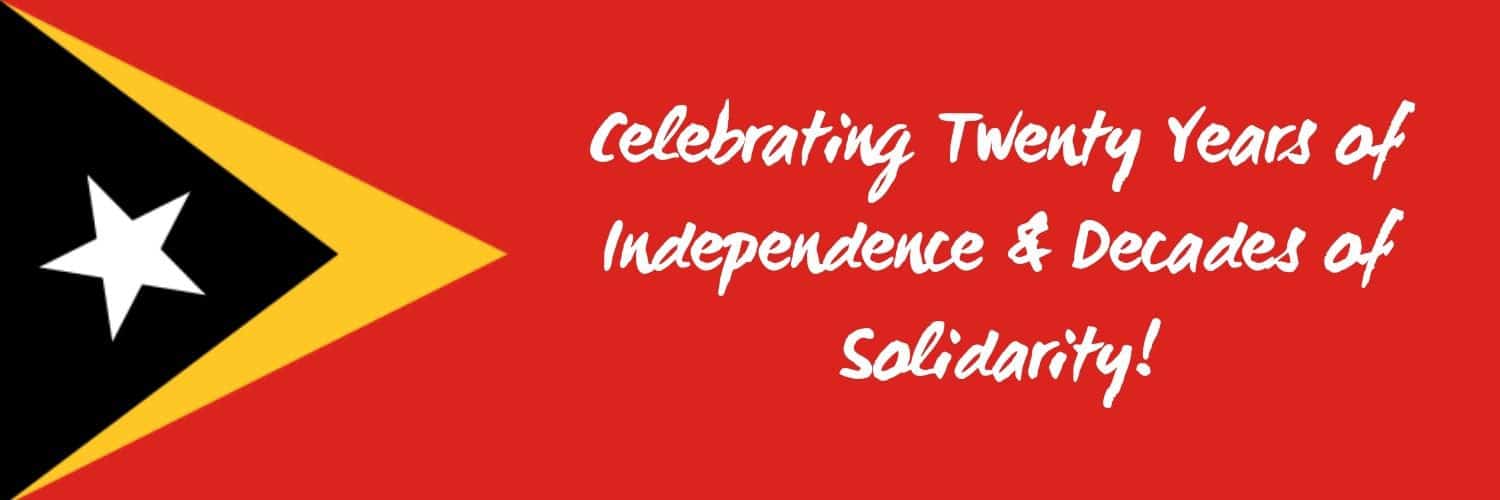
“The Struggle Must Continue”
By joining Union Aid Abroad –APHEDA, you will help continue the long tradition of solidarity between the Timorese and Australian people. This relationship is built upon decades of campaigning and activism, and your contribution will help maintain that legacy of global solidarity.